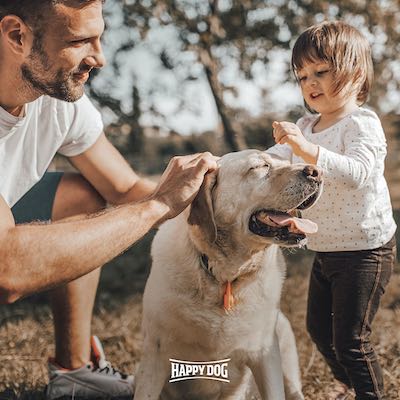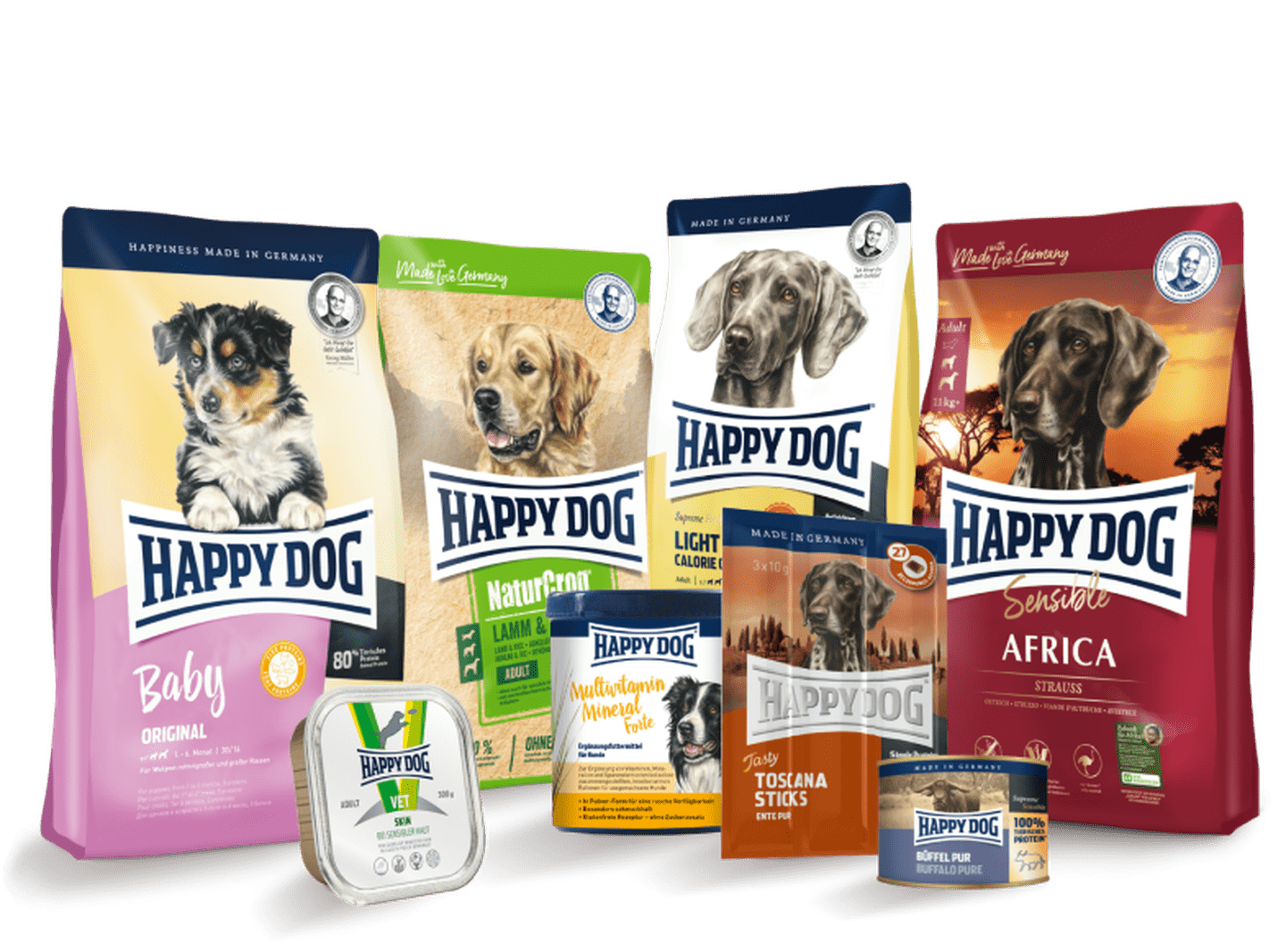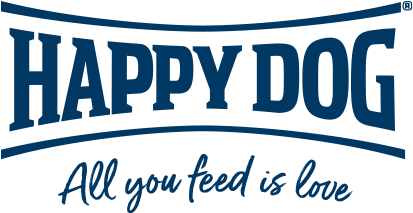
How to effectively manage your dog’s weight
Share

Ensuring your dog is getting the right amount of exercise, is consuming the right amount of food and is maintaining their weight can be a real balancing act. We know the importance of keeping your pooch happy and healthy, and a happy dog, means a happy owner.
We know just how hard it is to say no to those puppy dog eyes, but if your dog is putting on weight, this is usually the kindest option. So, if you’re wondering how to effectively manage their weight, we’ve outlined some tips and advice below…
Why is my dog gaining weight?
If your dog’s gaining weight, it’s more than likely that they’re getting too much food and not enough exercise. Maybe it’s a few sneaky treats at the dinner table or a few missed walks in the week, either way, you need to make sure they’re not consuming more calories than they’re burning off.
Yet, sometimes there are other factors that come into play. This could be hormonal conditions which slow down their metabolism, or you could have a breed which is prone to weight gain, such as a Basset Hound, Dachshund or Labrador.
How to check if your dogs overweight?
The easiest way to check if your dog is at a healthy weight is by carrying out the ‘rib check’. If you put your hands on their sides you should be able to feel their rib cage easily, without too much effort feeling around. Also, when looking at them from above, you should be able to see an hourglass figure.
If you’re struggling to feel the ribs, or see the waist shape, then read our tips to help them lose weight below.
How to manage your dogs weight?
It’s important to remember that every dog is different, and what food or blend of ingredients works for one, might not work for the other. In general, good balanced food and daily exercise is the best way to help keep them in shape.
You might also want to consider a lighter dog food option. Here at Happy Dog, our Calorie Control range is the perfect food for dogs who tend to put on too much weight as it contains just 7% fat and a vitalising 25% protein.
When considering what food to feed your pooch, think about:
- A well-balanced ratio of protein, fat, fibre
- Portion control
- Ensure the food is tailored to your dog’s needs
All dogs have different requirements, so choosing the perfect food for them will help them build strength, get all the right nutrients and keep them fuller for longer.
When it comes to exercise, some dogs need more than others. If you have a particularly energetic dog, or one which needs longer walks, make sure you research their breed and their exercise requirements.
And finally, remember that if you’re concerned about your dog’s weight, it’s always worth booking an appointment with your vet.



